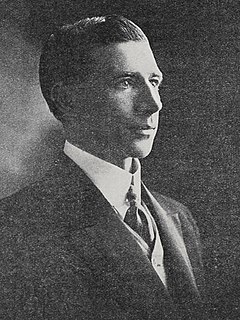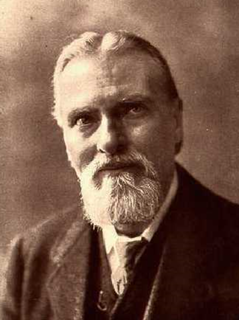A Quote by Chapman Cohen
If one believes in a god, one is a Theist. If one does not believe in a god, then one is an A-theist — he is without that belief. The distinction between atheism and theism is entirely, exclusively, that of whether one has or has not a belief in God.
Related Quotes
Obviously, if theism is a belief in a God and atheism is a lack of a belief in a God, no third position or middle ground is possible. A person can either believe or not believe in a God. Therefore, our previous definition of atheism has made an impossibility out of the common usage of agnosticism to mean "neither affirming nor denying a belief in God."
Religion becomes a matter of belief, and belief acts as a limitation on the mind; and the mind then is never free. But it is only in freedom that you can find out what is true, what is God, not through any belief; because your belief projects what you think God ought to be, what you think ought to be true. If you believe God is love, God is good, God is this or that, your very belief prevents you from understanding what is God, what is true.
Atheism ... in its philosophic aspect refuses allegiance not merely to a definite concept of God, but it refuses all servitude to the God idea, and opposes the theistic principle as such. Gods in their individual function are not half as pernicious as the principle of theism which represents the belief in a supernatural, or even omnipotent, power to rule the earth and man upon it. It is the absolutism of theism, its pernicious influence upon humanity, its paralyzing effect upon thought and action, which Atheism is fighting with all its power.
The belief in God is not therefore based on the perception of design in nature. Belief in design in nature is based upon the belief in God. Things are as they are whether there is a God or not. Logically, to believe in design one must start with God. He, or it, is not a conclusion but a datum. You may begin by assuming a creator, and then say he did this or that; but you cannot logically say that because certain things exist, therefore there is a God who made them. God is an assumption, not a conclusion. And it is an assumption that explains nothing.
When the atheist is told that God is unknowable, he may interpret this claim in one of two ways. He may suppose, first, that the theist has acquired knowledge of a being that, by his own admission, cannot possibly be known; or, second, he may assume that the theist simply does not know what he is talking about.
The difference between theism and nontheism is not whether one does or does not believe in God. . . Theism is a deep-seated conviction that there's some hand to hold: if we just do the right things, someone will appreciate us and take care of us. . . Nontheism is relaxing with the ambiguity and uncertainty of the present moment without reaching for anything to protect ourselves.



































